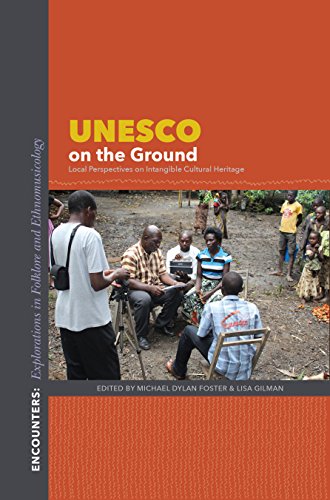

Most ebook files are in PDF format, so you can easily read them using various software such as Foxit Reader or directly on the Google Chrome browser.
Some ebook files are released by publishers in other formats such as .awz, .mobi, .epub, .fb2, etc. You may need to install specific software to read these formats on mobile/PC, such as Calibre.
Please read the tutorial at this link: https://ebookbell.com/faq
We offer FREE conversion to the popular formats you request; however, this may take some time. Therefore, right after payment, please email us, and we will try to provide the service as quickly as possible.
For some exceptional file formats or broken links (if any), please refrain from opening any disputes. Instead, email us first, and we will try to assist within a maximum of 6 hours.
EbookBell Team

4.8
104 reviewsFor nearly 70 years, the United Nations Educational, Scientific and Cultural Organization (UNESCO) has played a crucial role in developing policies and recommendations for dealing with intangible cultural heritage. What has been the effect of such sweeping global policies on those actually affected by them? How connected is UNESCO with what is happening every day, on the ground, in local communities? Drawing upon six communities ranging across three continents―from India, South Korea, Malawi, Japan, Macedonia and China―and focusing on festival, ritual, and dance, this volume illuminates the complexities and challenges faced by those who find themselves drawn, in different ways, into UNESCO’s orbit. Some struggle to incorporate UNESCO recognition into their own local understanding of tradition; others cope with the fallout of a failed intangible cultural heritage nomination. By exploring locally, by looking outward from the inside, the essays show how a normative policy such as UNESCO’s intangible cultural heritage policy can take on specific associations and inflections. A number of the key questions and themes emerge across the case studies and three accompanying commentaries: issues of terminology; power struggles between local, national and international stakeholders; the value of international recognition; and what forces shape selection processes. With examples from around the world, and a balance of local experiences with broader perspectives, this volume provides a unique comparative approach to timely questions of tradition and change in a rapidly globalizing world.